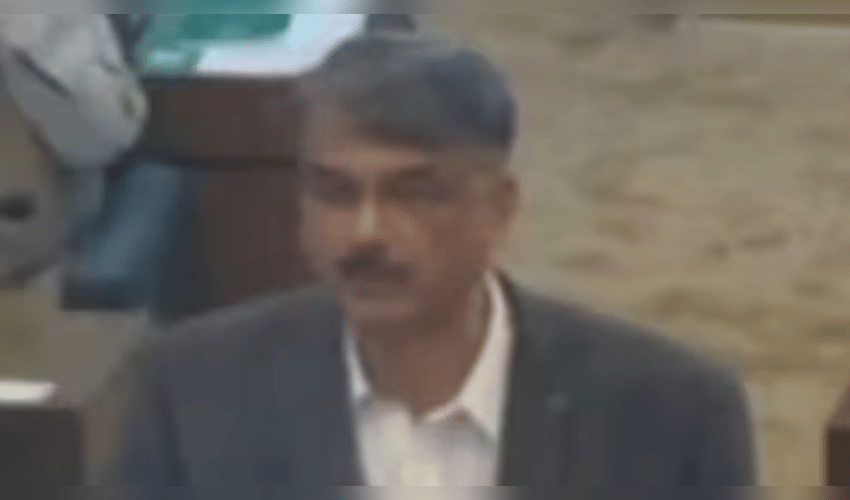News
From Red Fort to Kashmir Forests: Pakistani Leader's Bold Claim After Deadly Delhi Blast

More than a week after the deadly car bomb explosion near Delhi’s iconic Red Fort that killed 15 people, a former political leader from Pakistan-occupied Kashmir (PoK) has caused a stir with his overt claim about Pakistan’s involvement. Chaudhary Anwarul Haq, previously the PoK Prime Minister, publicly stated in an assembly speech that terror groups linked to Pakistan carried out attacks across India, saying they struck “from the Red Fort to the forests of Kashmir.”
Haq’s remarks reference two major terror incidents. The first is the November 10 Red Fort blast, where a suicide bomber detonated an explosive-laden vehicle near a metro station entrance, causing multiple fatalities and injuries. The second is the brutal April massacre in Pahalgam, Kashmir, where terrorists gunned down 26 tourists in a forested area. Haq framed these attacks as retaliations linked to India’s alleged actions in Balochistan, a restive province in Pakistan. He boasted that if India continues to cause suffering in Balochistan, Pakistan will respond with strikes across Indian territory, implying a coordinated campaign of terror.
On the ground, Indian intelligence has linked the Red Fort bombing to Pakistan-based Jaish-e-Mohammed (JeM) and associated terror cells, including a “white-collar terror module,” which planned and financed terror operations using professionals like doctors. Investigations revealed ties to Islamic clerics from Jammu and Kashmir who coordinated with JeM operatives. The mastermind behind the attack, Dr. Umar Nabi, left behind a video justifying the explosion as a martyrdom operation.
While Pakistan’s official government has distanced itself from Haq’s statements, labeling them a political blunder following his no-confidence defeat, his comments have drawn significant international attention. The Pakistani defense establishment has also heightened military readiness amid escalating bilateral tensions, with Islamabad hinting at the possibility of “all-out war” against India.
This incident exemplifies the complex and volatile nature of India-Pakistan relations, characterized by a cycle of terror, political posturing, and mutual accusations. Haq’s blunt declaration, “from Red Fort to Kashmir forests,” underscores how terror attacks are used as messaging tools in this geopolitical rivalry. It also highlights how individuals linked to Pakistan-occupied Kashmir continue to claim sponsorship of attacks within India, further complicating peace prospects.
For readers and analysts, the episode illustrates the fragile security environment in South Asia, where localized insurgencies and militancy intermingle with broader political conflicts. It also sheds light on how terror networks exploit regional political grievances—like those in Balochistan and Kashmir—to justify violence and sustain insurgent campaigns. Understanding this linkage is crucial for any long-term resolution efforts, requiring diplomacy alongside stringent security measures. The recent statements by Chaudhary Anwarul Haq amplify the reality of cross-border terrorism impacting India and reaffirm the ongoing challenges in the Kashmir region and beyond. This underscores the need for sustained vigilance and a strategic approach combining intelligence, regional cooperation, and addressing root causes that fuel such extremist acts.



